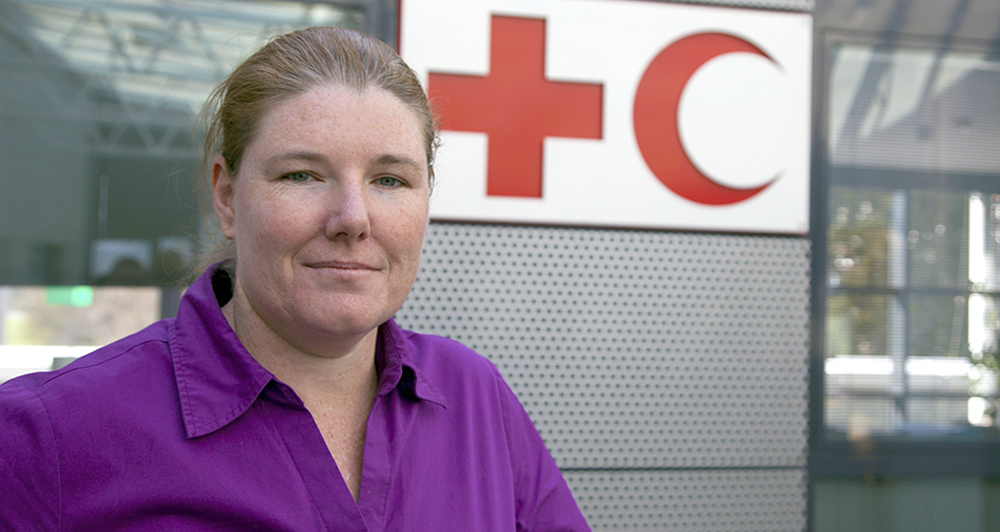Amanda McClelland, Australian senior emergency health adviser with the International Federation of Red Cross and Red Crescent Societies, worked in Sierra Leone from July to September.
McClelland, who has recently returned to West Africa, gave Nursing Review a rundown on the current state of play, conditions and what’s it like helping battle this outbreak.
NR: I understand you worked in Sierra Leone from July through to September. Can you tell me about this particular mission? What specifically was your role and what did it involve?
AM: My normal role is as the senior technical adviser for the emergency health for the International Federation of the Red Cross. I look after Africa and Asia-Pacific regions and so have been working on the Ebola response since it first began.
In July, however, IFRC agreed to undertake clinical care of Ebola treatment for the first time. I was deployed to Sierra Leone to do the initial assessment and oversight of the planning and construction of the Ebola treatment centre unit. This involved a hug amount of planning, both in terms of how to build the unit, but also how to staff it, the policies and procedures, the training and the supplies.
How did you feel returning?
I went home for four weeks but continued to work on supporting the unit and the rest of the operation. I am happy to be back, it’s difficult to provide support remotely, but also I think it’s important to be with the teams.
Working in Ebola is about systems and procedures. If you follow the system, it is safe, and the teams need support and confidence to be able to implement effectively. Being in the field and working with them, supervising and teaching, helps build that confidence but also helps me understand the issues in the procedures and to be able to adapt if needed.
What are some of the biggest challenges you have faced?
Everything is harder here. I have been working in Africa for 12 years. I have been in many disasters, but this is one of the hardest missions I have done.
At the start no one else was in the field to help, the teams were completely stretched and the fear from everyone was high – communities, governments etc. Co-ordination was very poor and it was difficult to know what was happening where. The surveillance is difficult so knowing where the cases were was hard, but staff health and safety is the hardest.
Feeling responsible for the staff and volunteers that are doing some of the highest-risk activities, like clinical care and dead body management, is very difficult. I worry about it every day. Many, many health workers have become sick and died, and we have had 4000 volunteers and almost 180 international staff, and we have been very lucky so far not to have any infections. But it will happen one day, and that is what is hardest.
Do you have an idea for a story?
Email [email protected]
 Aged Care Insite Australia's number one aged care news source
Aged Care Insite Australia's number one aged care news source

